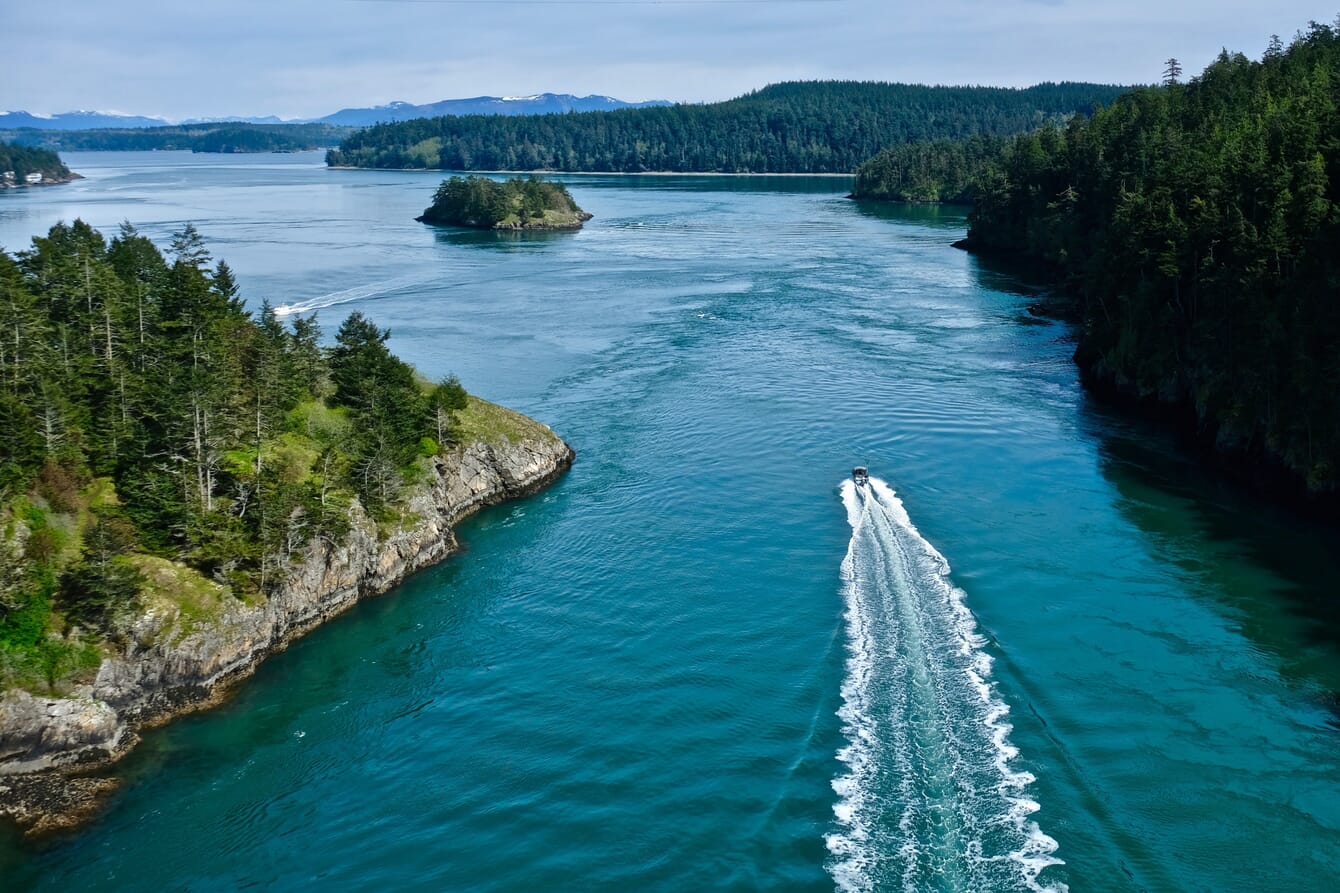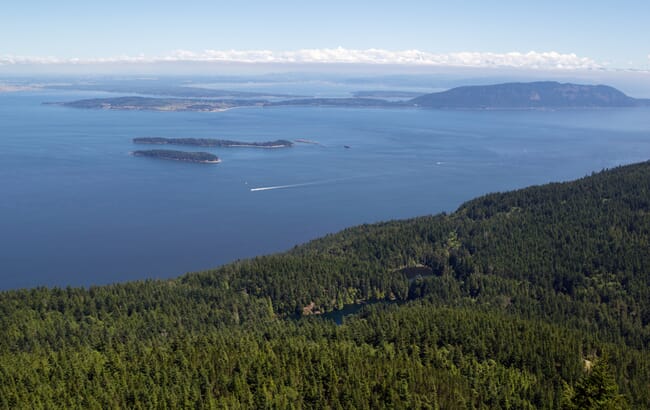
Washington state recently declined to renew Cooke Aquaculture’s fish farming leases
Four days after Washington state declined to renew Cooke Aquaculture’s fish farming leases, Public Lands Commissioner Franz held a press conference where she announced the end of net pen aquaculture in the state. In response, the Northwest Aquaculture Alliance (NWAA), multiple fish health experts and six seafood trade associations including the National Fisheries Institute, National Aquaculture Association, Global Seafood Alliance, Best Aquaculture Practices, California Aquaculture Association, and the US Trout Farmers Association are calling for a third-party review of the science upon which she made her decision.
NWAA, whose member companies include the leading seafood producers and support businesses from Hawaii to Oregon, Washington, Idaho and Alaska issued the following statement:
Our hearts go out to the 34 employees of Cooke Aquaculture Pacific, many who are second-generation fish farmers and many who have worked as fish farmers in this state for well over three—and as many as five—decades. We are heartbroken for their families and their communities as well. This devastating decision will have a ripple effect that will extend far beyond the company.
The unfortunate timing of this announcement, at the beginning of the holiday season—with an impossible 14 December deadline to remove equipment and slaughter 332,000 juvenile fish, representing 2,656,000 meals—shows both a lack of humanity and an alarming lapse of leadership.
Our coalition has four words for Commissioner Franz: You got it wrong.
This sudden decision to terminate leases without any scientific or legal basis, of a company that spent five years working with the State of Washington to meet its rigorous new net pen guidelines, should concern every business that leases public lands here in Washington.
We challenge the public to look past the “piling on” of negative stories that the Commissioner’s actions have spawned and instead look at the inconvenient truth that the head of DNR has ignored. There exists a vast body of scientific studies that show minimal impact of today’s aquaculture practices on other species and the environment.
The reality is this: Of the 2.6 million acres of public aquatic lands in Washington, the four available leases total 112 acres, with just 11 acres used for net pens. That’s 0.0004 percent of all public lands available for lease.

The Land Commissioner's decision to ban net pen aquaculture appears to go against guidance and research from state agencies
NWAA’s press statement raised four key questions. The first queried why Commissioner Franz ignored the work with the state’s sister agencies in the Department of Fish and Wildlife and Department of Ecology in their efforts to help Cooke comply with new net pen guidance. The second asked why she overlooked a multi-year, peer reviewed scientific opinion from NOAA that found no biological harm from net pens to the environment or endangered species in the area. The third stressed that her decision went against the Washington state Supreme Court unanimous approval to allow Cook to farm steelhead trout in state waters. NWAA’s final criticism highlighted the job losses that come on the back of her decision.
NWAA went on to highlight the $17 billion US seafood deficit and current health guidelines that recommend consuming at least two seafood meals each week. According to NWAA, Franz’s decision will prevent the US from producing its own high-quality seafood and increase reliance on imports. “By shutting down production here, we are ignoring the environmental impacts of transporting goods produced elsewhere, creating, in essence, the illusion of natural resource preservation,” NWAA says.
NWAA plans to deliver a letter to Commissioner Franz in the coming days, asking her to cite the research she used to back her decision – asking whether the science came from litigious pressure groups or more mainstream agencies.




